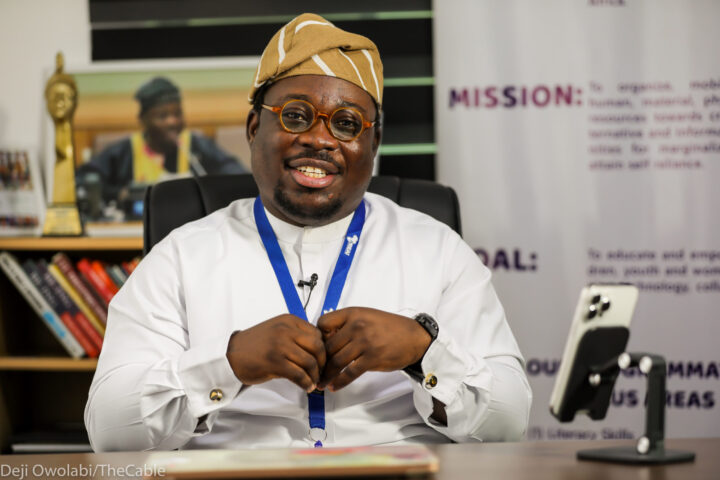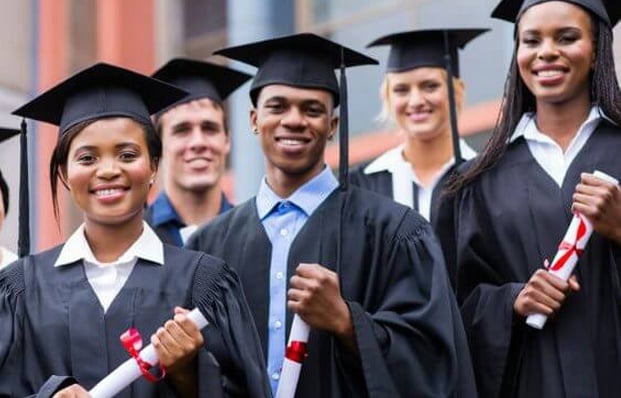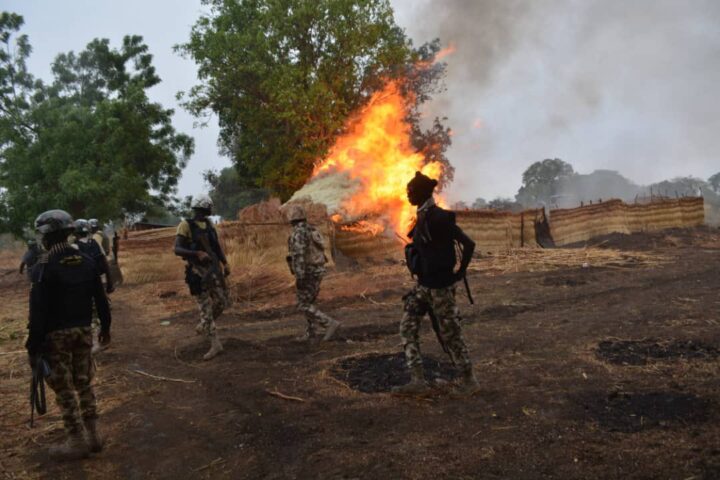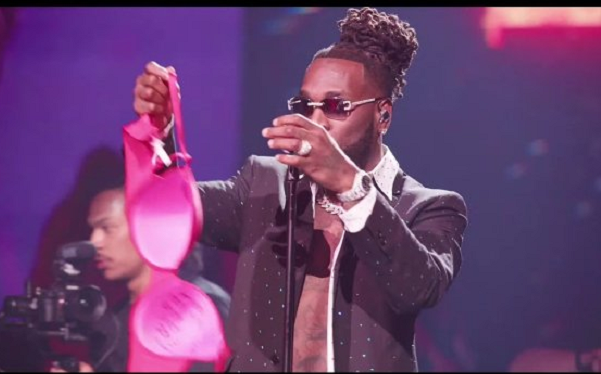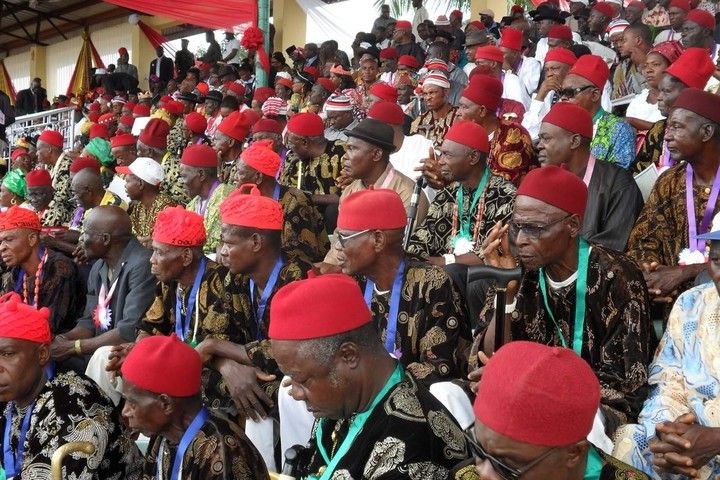In April, the Malala Fund led by Nobel Laureate Malala Yousafzai, named GIDEON OLANREWAJU, the founder and chief executive of Aid for Rural Education Access Initiative (AREAi), as one of its global education champions. He was one of only four Africans listed for the year 2022. Malala Fund said with the grant, “Gideon will lead a school-to-community intervention that aims to improve quality education and increase girls’ attendance and retention rates in 30 schools across Oyo state”. In this interview with TheCable’s ‘MAYOWA TIJANI, Olanrewaju details his journey so far, his multiple innovations for education, his ambition to someday lead the ministry of education in Nigeria, and the immediate goal of getting girls to school.
TheCable: Why did you start Aid for Rural Education Access Initiative (AREAi)
Olanrewaju: I think it all boils down to passion. But over time, I have always maintained the idea that many of us are born with the purpose and early on, we learnt that there are three things that can contribute to you achieving purpose. It could be passion. It could be potential. It could be profession. A lot of people do not know but AREAi didn’t start as AREAi. It was Learn to Lead Foundation. Interestingly, the idea was to go to secondary schools to do outreaches on how to hack WAEC questions. Because then I felt having eight distinctions out of nine that led to the scholarships that I had.
I felt let’s go into schools and support students, until I met a guy called Ken Katas. Carters. Meeting him, explaining what I was trying to achieve and him making me realise that “you’re just wasting your time if you do not take time to understand the problem and sit down to device actionable strategies to address that”. So, I went back to the drawing board and I restructured the vision and mission of AREAi and then everything was deliberate. The vision was clear, which is to improve the access and quality of education available to poor and vulnerable children in rural communities.
Advertisement
As at then we used to say across Africa. That is still the focus but there is no point transcending into other countries without ensuring that vision is actualised in Nigeria. And the mission then too was very simple, we wanted to mobilise financial physical and material resources to be able to support schools as well as communities in enabling their, children or students to, improve the academic attainment or educational outcomes.
That was how we started. I mean, that was what inspired this, trying to just make a change, acknowledging my privilege and trying to channel that privilege into something of significance, beyond my own personal life, and towards achieving purpose — as I understood it then.
TheCable: Why do you think you were selected by the Malala Fund as a global education champion?
Advertisement
Olanrewaju: Over the last few years since I started this, there are a number of things that exudes from my persona; when I talk about education, the first thing is the passion. I mean, when I open my mouth, people acknowledge the fact that I know, I love the work that I do. That connection between this work and myself is really a testament of the potential that is there as someone who will go on with investment to make tremendous change to education in, Nigeria. God’s willing.
That’s one part, the other thing, I think is somewhat connected to potential, which organisations will always see through you — while the charisma is there, the energy is there, they also believe that by supporting this kind of person, we are able to improve on our own organisational objectives as well. The second thing will be the proven track record. AREAi has moved from having zero to nothing to building an organisation that is growing at an unprecedented rate. I mean, when we started then, people like Godwin, like Mekit understand that in the beginning, we used to say we do much with zero budget for high impact. It is interesting because I mean we were able to do that and that’s proven track record is there that even with less resources, we were able to achieve high impact.
The third thing that I think may have informed that, is also capacity. And I do tell people in the space that there is a hack to this thing, it is not a part-time job. Many of us that work in this space and for those who I have seen are dedicated founders, those who commit day night afternoon to this craft.
Advertisement
This organisation acknowledging and seeing that deliberate investment in building myself on the part of growing. And I tell people, there is no program in academic or professional that I join that is not connected to the work that we do at AREAi.
TheCable: AREAi has been around for a number of years and has a clear vision and mission, how successful do you think the organisation has been?
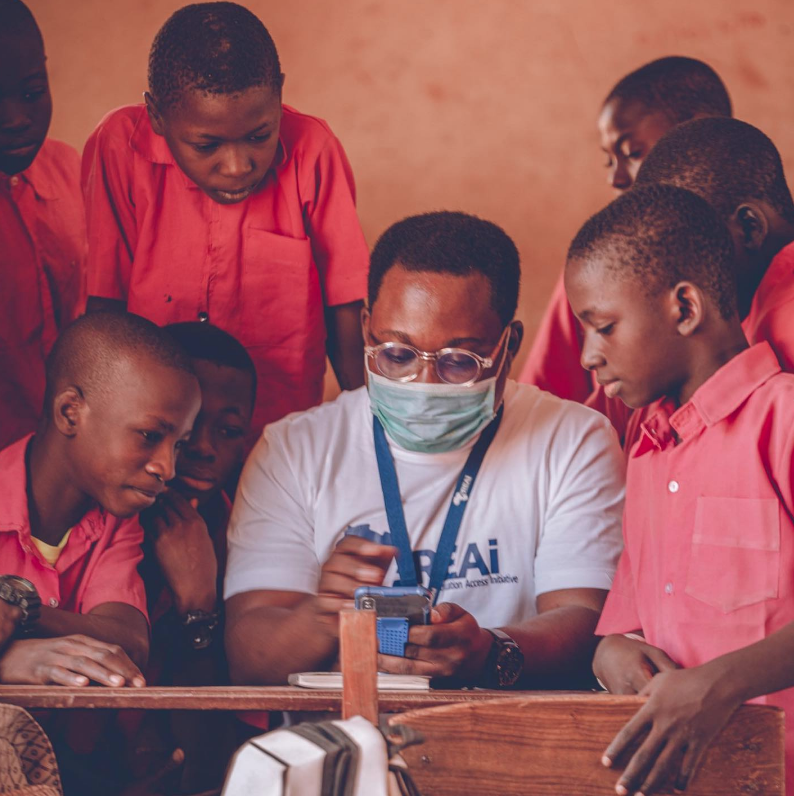
Olanrewaju: There’s been a significant growth and I’m not talking about physical space or number of staff that we have. Of course, those can be identified as metrics of growth, in terms of organisational growth. But in terms of what we have been able to achieve would be that we have moved from a phase then when we were focused on technical and infrastructural support for under resourced schools to developing and implementing systemic and institutionalised solutions, which is what I believe are the go-to responses that we need to address some institutionalised challenges or problems that we have with educational system in Nigeria.
It’s a function of access to resources capacity as an individual and organisational capacity as well, and as well as access to networks, and opportunities. Becoming a Chevening scholar changed everything. Getting into TheirWorld Global Youth Ambassador Programmed changed everything. So in the beginning, you would see that we had limited access to resources, which is normal for a budding or emerging organisation with a passionate, just passionate founder. And this is the argument I make; passion is never enough. While passion is key, capacity is king.
Advertisement
You have to be able to leverage on a number of factors, to grow across time, which was what we did. So at the beginning, when we were just looking for people to donate books to set up makeshift libraries in schools, looking for organisations to donate educational infrastructure to support basic infrastructure in schools and recruiting volunteer teachers, who are training at colleges of education to fill in as pro-bono teachers in schools.
We have moved from that point to going on to developing something called DigiLearns, which is Nigeria’s first mobile learning solution that works on USSD and SMS. It is one of our most impactful intervention as we speak. We deployed this during the COVID-19 pandemic as a COVID-19 intervention and it was really instrumental to the support we were able to create particularly for children and students in rural and low-income communities.
Advertisement
TheCable: Do you aspire to someday become Nigeria’s minister of education?
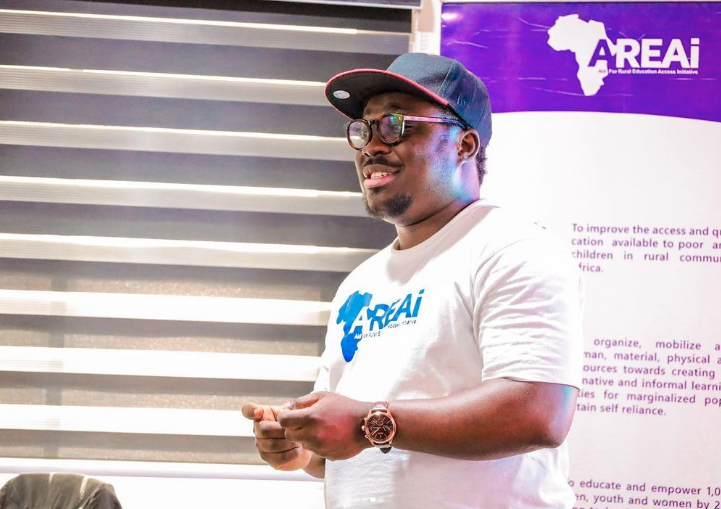
Advertisement
Olanrewaju: Yes, I aspire, if there is a possibility for that in the future, it is welcomed. But like many of our technocrats, they don’t get appreciated. some of them still not very much appreciated until they have worked for global organisations. You know, go and serve the world through UNESCO, UNICEF and, if by and large, you’re lucky enough to find a leader, maybe a president who acknowledges quality, you are being invited to serve the lot.
TheCable: Are there examples that you look up to in the political systems as models?
Advertisement
Olanrewaju: There are a couple of names coming to my head, only that, many of them when they leave, they lose their roots. And that’s the problem. Many of them do not have that foundation. They just, by and large, went out to study, got retained in the systems, contributed and then they came back.
Someone I think I really appreciate how well she’s grown within the system is Madam [Folasade] Adefisayo, the current commissioner for education in Lagos state; very interesting public service growth. It is very much applaudable how she became the commissioner for education in in Lagos. I like that kind, although she’s not gone out. I don’t think she’s gone out, but that is the only name I can throw.
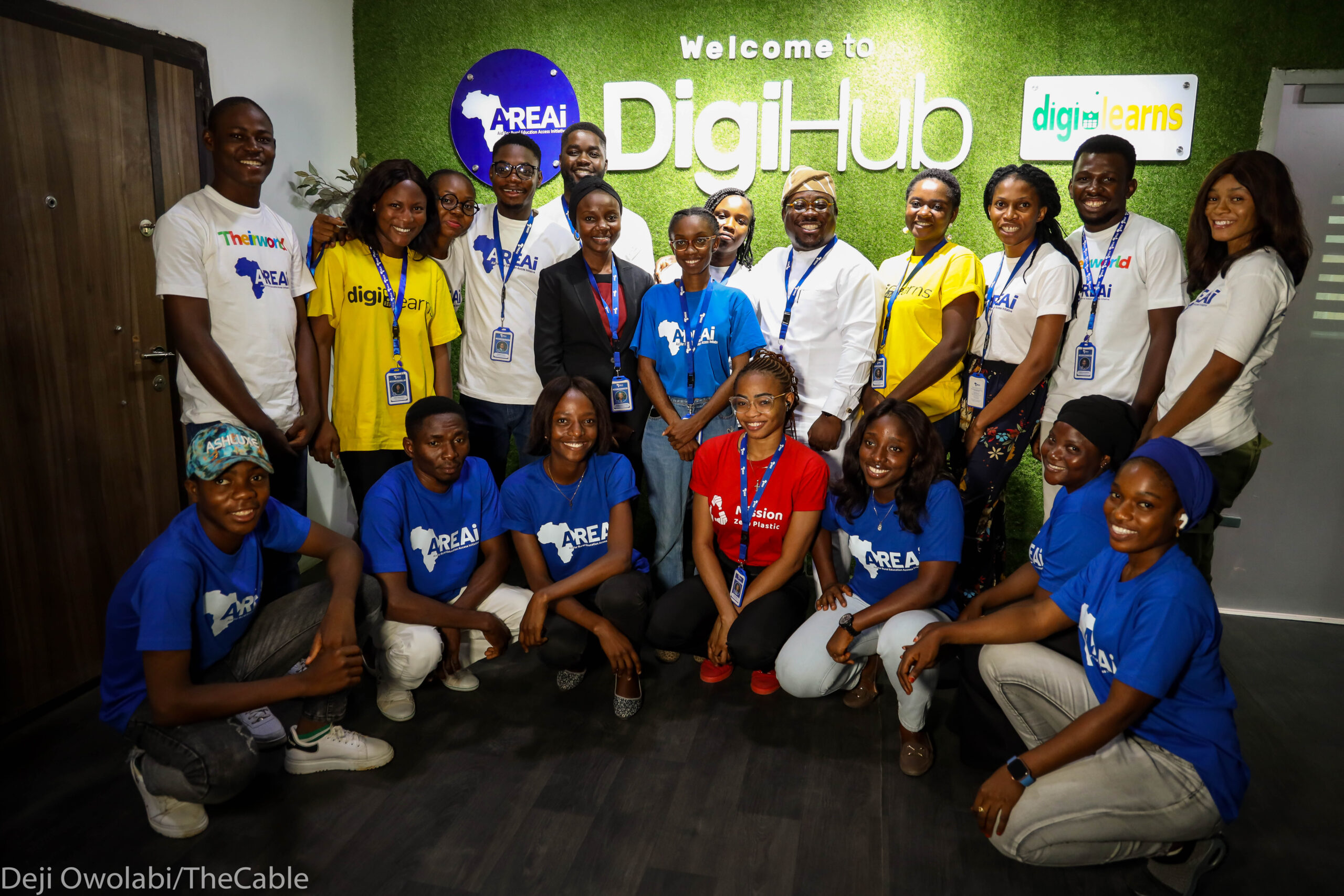
TheCable: What are the challenges you have faced on this journey?
One challenge amidst a myriad of challenges is selective support; during COVID-19, there is no door in this nation that we did not knock as an organisation, looking for support to pilots an outstandingly brilliant idea as DigiLearns. There’s no network local network. We had to step outside the shores of the country and the first door we knocked outside provided support. This is the case of so many young, evolving, emerging or established education leaders in Nigeria. The resources might be indeed limited, which is acknowledged, but at the same time, create support for those that deserve it. Not only because they are connected to someone.
I think it’s a perennial challenge in Nigeria. Even though the talent is there, the proven track record is there. The potential is there, you still fail to attract the kind of support that you need to be able to implement and impact lives as you desired. That’s the reason why many of us pitch our tents with international donors, because what they are interested in is can you do this thing? Have you done it before? If we do this, will you be able to do this? And if you affirm that positively, they are willing to go all the way.

